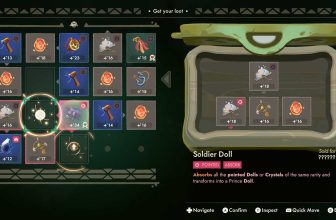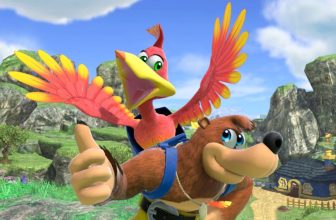The original Switch had a piracy problem. Most gaming platforms do, but the Switch was pretty unique in that some robust emulators were available during the platform’s life which allowed pirates to play improved versions of official releases from the day they launched – sometimes even earlier. While some devs are trying to get Switch 2 emulators up and running, they’re already warning that this could be a much, much longer process.
There are currently two Switch 2 emulation projects of note, both of which have pages on GitHub. oboromi describes itself as a “work-in-progress emulator foundation,” while Pound is “an early-stage emulator.” Pound also recently updated its page with a bold, all-caps warning: “IMPORTANT: THIS PROJECT WILL NOT BE READY FOR A DECADE MINIMUM!”
Combined with extensive piracy of pre-launch Switch games like The Legend of Zelda: Tears of the Kingdom, you start to see why Nintendo took an even heavier hand than usual against Switch 1 emulators like Yuzu and Ryujinx. Emulators are, themselves, perfectly legal – it’s when you start distributing copyrighted games and system software that you’ve tipped over into piracy. Nintendo alleged that Yuzu made illegal use of Switch’s decryption keys, and while that argument was never actually tested in court, it was enough to get the Yuzu devs to agree to a $2.4 million settlement.
Emulators are an essential tool in ensuring games remain playable for generations to come, but their use in playing pirated games is equally impossible for publishers to ignore. I’ve no doubt that someday in the future a fully functional Switch 2 emulator will be out there – but perhaps it’s best for all involved that you won’t be using one to play Mario Kart World for free in 2025.








